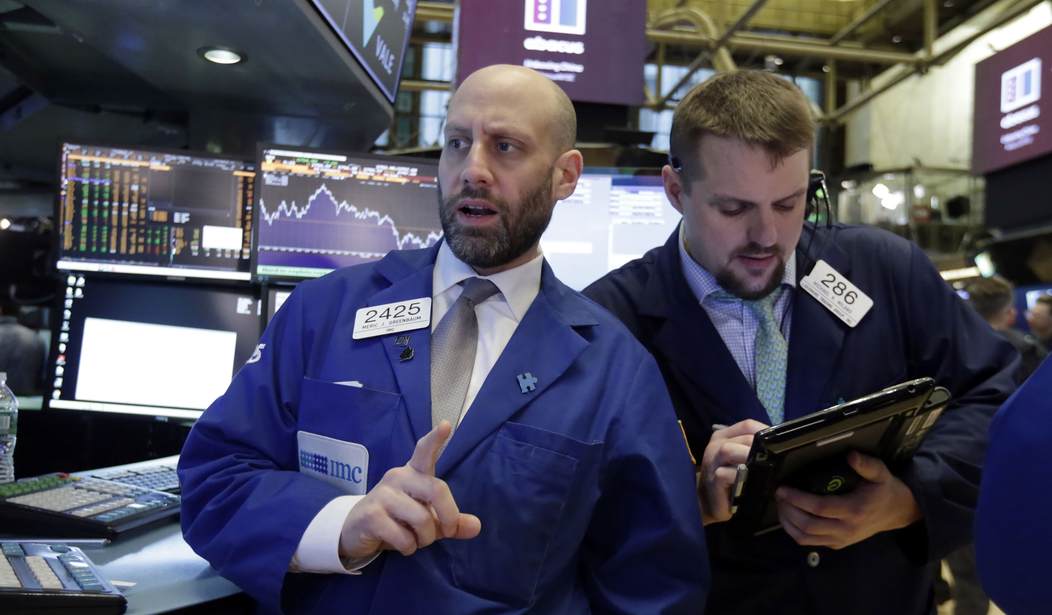Following the passage of the Tax Cuts and Jobs Act (TCJA), the Business Roundtable’s CEO Economic Outlook Survey, which measures CEO confidence in the economy, spiked suddenly to its highest level in the survey’s 15-year history. The survey measures CEO expectations towards sales, employment decisions, and capital investment, and tends to nearly mirror quarterly GDP growth rates. Yet the survey was taken before the announcement of steel and aluminum tariffs, a stark reminder that some of the substantial economic gains the country stands to see from the historic tax cut could be wiped out by taxes on imports.
The survey creates an index out of CEO plans and expectations towards hiring, sales, and capital investment. This quarter, the index hit 118.6 points, significantly higher than the average score of 81.2 points. Each facet of the index saw significant growth following the passage of the tax reform law: relative to the previous month, 17 percent more CEOs expected sales to increase, 19 percent more expected capital investment to increase, and 18 percent more expected employment to increase.
Additionally, respondents raised their expectations for GDP growth this year from 2.5 percent to 2.8 percent. While a 0.3 percent change in GDP sounds insignificant, the non-partisan Congressional Budget Office estimates that every 0.1 percent increase in GDP results in an added $315 billion in revenue over ten years—in other words, that 0.3 percent change could raise nearly $1 trillion if sustained.
These projections confirm what tax reform advocates have been saying since the introduction of the TCJA—tax reform will grow the economy. A lower corporate tax rate and increased spending from individual tax cuts will leave businesses with money to hire more workers and higher business sales. Meanwhile, the inclusion of five years of full expensing in the TCJA means that businesses have a strong incentive to put their tax savings towards capital investment.
Recommended
Yet the passage of economically harmful steel and aluminum tariffs threaten to undermine gains before they’re fully realized. A recent report by the Trade Partnership found that the proposed steel and aluminum tariffs would have a net cost of nearly 470,000 jobs throughout the country, destroying 18 jobs for every one steel or aluminum job created.
Historical evidence suggests the Trade Partnership’s figure is likely accurate. When President Bush introduced tariffs on steel imports in 2002, the effects were so disastrous that Bush rescinded the tariff a little over a year later. Steel prices rose by 30-50 percent, and 200,000 Americans working in industries that rely on steel as an input lost their jobs over the short time the tariff was in place.
Yet just over fifteen years later, the lessons of the Bush steel tariff have been forgotten by some and this time around, it may be even worse. The European Union has already prepared a ten-page long list of products that it considers candidates for retaliatory levies, directly in response to the proposed tariffs on steel and aluminum tariffs. A trade war with some of our most important economic partners could have potentially catastrophic economic consequences.
The Business Roundtable’s CEO survey shows that Americans finally stand to benefit from a growing economy. After years of stagnation, American workers can finally see increased job availability and higher wages. But some of those benefits could go out the window if we continue with self-inflicted trade wounds.

























Join the conversation as a VIP Member